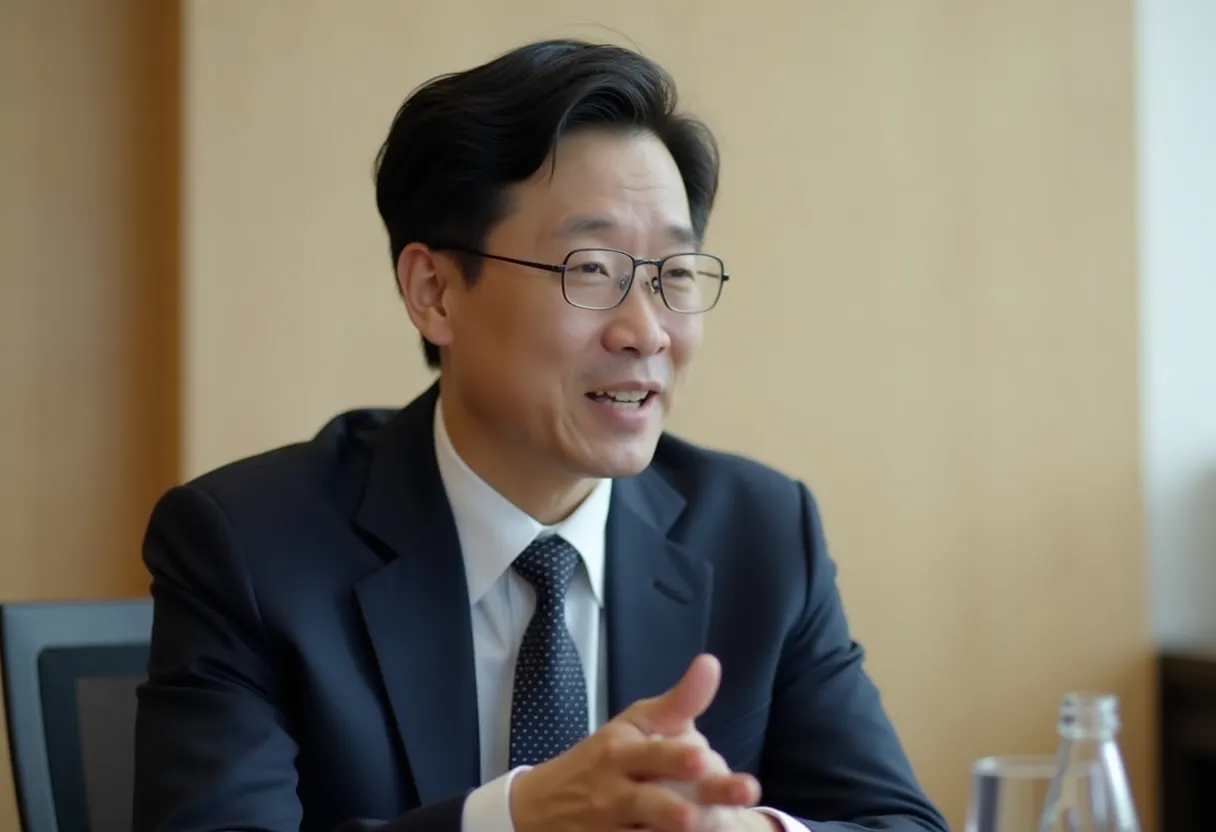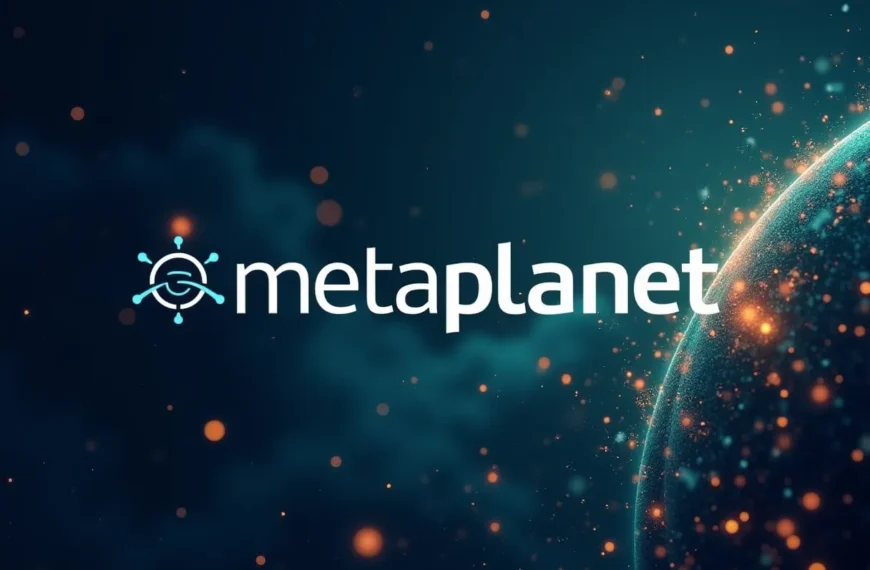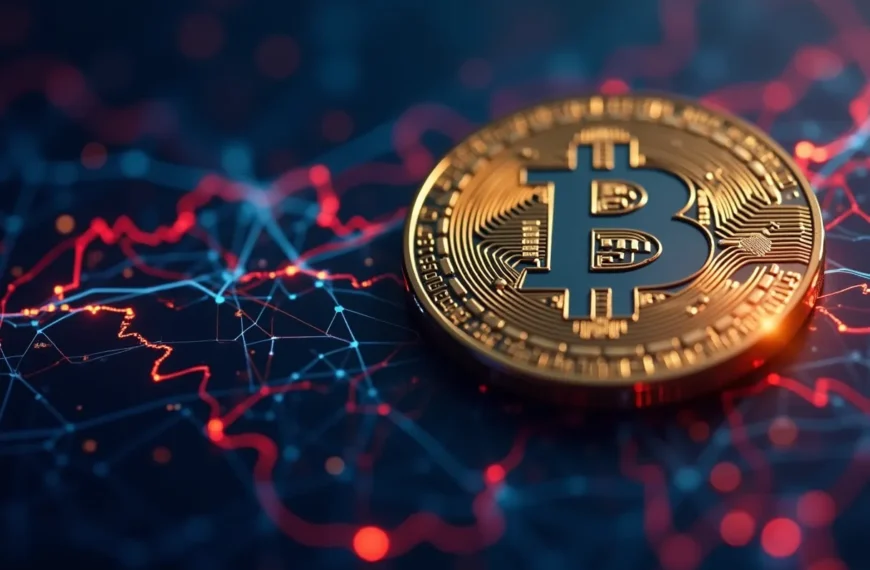Do Kwon Admits Guilt in $40 Billion Terra Collapse Case
The cryptocurrency world has been shaken to its core with the recent developments surrounding Do Kwon, the co-founder of Terraform Labs, as he faces serious allegations in connection with the monumental collapse of the Terra ecosystem. The collapse, which resulted in losses exceeding $40 billion, has drawn massive scrutiny from regulators, investors, and the broader crypto community. Kwon’s admission of guilt raises significant questions about accountability and the future of cryptocurrency regulations.
The Background of the Terra Collapse
In May 2022, the Terra blockchain experienced a catastrophic failure when its stablecoin, UST, lost its peg to the U.S. dollar, leading to a domino effect that wiped out billions in market value. The collapse of Terra was not just a financial disaster; it was a major event that reverberated throughout the entire cryptocurrency market, causing panic among investors and raising alarms among regulators worldwide.
Key factors that contributed to the collapse include:
Do Kwon’s Role in the Collapse
As the face of Terraform Labs, Do Kwon was instrumental in promoting the Terra project. His vision for a decentralized financial system attracted significant investment and attention. However, as the ecosystem crumbled, so did Kwon’s reputation. Investors began to question his leadership and the decisions made under his guidance.
Kwon has faced numerous accusations, including fraud and misleading investors about the stability and security of the Terra ecosystem. These allegations have led to legal battles and a heightened interest from international law enforcement agencies.
The Admission of Guilt
In a surprising turn of events, Do Kwon has recently admitted to his role in the Terra collapse. This admission has sent shockwaves through the crypto community, as many had speculated about his potential defenses against the allegations. Kwon’s acceptance of guilt could have far-reaching consequences for his legal standing and the future of Terraform Labs.
Possible implications of Kwon’s admission include:
Reactions from the Crypto Community
The crypto community has had mixed reactions to Kwon’s admission. Some view it as a step towards accountability, while others see it as an attempt to mitigate the damage to his reputation and secure a more lenient legal outcome. The fallout from the Terra collapse continues to affect thousands of investors who lost their life savings, and many are demanding justice.
Reactions can be summarized as follows:
The Future of Terraform Labs and Kwon
As the legal proceedings unfold, the future of Terraform Labs hangs in the balance. Kwon’s admission of guilt may lead to significant changes within the organization, including potential restructuring or a complete shutdown of operations. Furthermore, the case against Kwon could set a precedent for how similar cases are handled in the future.
Key questions moving forward include:
The Broader Implications for Cryptocurrency Regulation
Kwon’s admission of guilt is not just a personal issue; it reflects a larger problem within the cryptocurrency industry. The Terra collapse has underscored the need for regulatory frameworks that can protect investors and ensure the sustainability of projects. As the market continues to evolve, regulators are likely to take a closer look at operational practices within the cryptocurrency space.
Some potential regulatory changes could include:
Conclusion
Do Kwon’s admission of guilt in the $40 billion Terra collapse case marks a significant moment in the history of cryptocurrency. It serves as a reminder of the risks involved in investing in digital assets and the importance of accountability among project leaders. As the industry grapples with the fallout from this scandal, the call for regulatory reform will likely grow louder.
The future of both Kwon and Terraform Labs remains uncertain, but one thing is clear: the lessons learned from the Terra collapse will shape the landscape of cryptocurrency for years to come. Investors, regulators, and the crypto community as a whole must work together to ensure a safer and more transparent environment for all.






